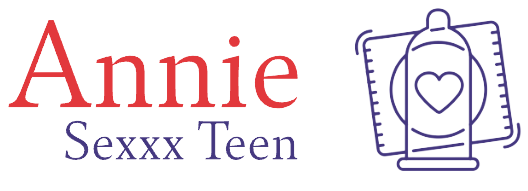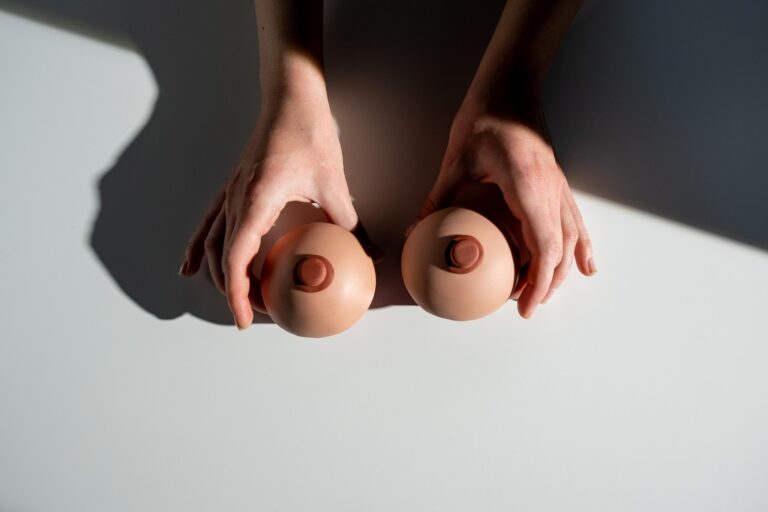Many women who are menstruating, pregnant or breastfeeding report a tingling sensation in their breasts and nipples. In most cases, this symptom is normal and related to hormonal fluctuations.
During pregnancy, estrogen and progesterone surge to prepare the body for the birth of a baby. These hormones help stimulate milk ducts and increase blood flow to the breasts, creating a tingling feeling.
Hormonal Changes
In some cases, tingling in your breasts can be caused by changes to your hormone levels. This is especially common in women who are menstruating, pregnant, or breastfeeding. This sensation can resemble “pins and needles” on the skin, and may be felt more intensely in one or both breasts or around your nipple area.
As pregnancy hormones surge, they can stimulate milk ducts and increase blood flow to your breasts. This is why many women feel a tingling sensation in their nipples and breasts as early as the first trimester of pregnancy. It is also one of the earliest signs that you are pregnant and can be one of many symptoms including tender, swollen or darkened nipples and a fuller bladder.
A tingling feeling during breastfeeding can be normal when your baby is suckling frequently enough to cause your milk ducts and milk lobules to engorge. However, if the sensation feels closer to pain or a burning sensation and does not coincide with your baby’s feeding schedule, seek medical help.
Fortunately, warming up your nipples and breasts can give you relief from the tingling feeling. Soak a towel in warm water and apply it to your nipples or breasts. This can soothe engorgement and also encourage your milk to flow freely through the ducts, relieving your tingling feeling. Alternatively, massaging your breasts in straight and gentle strokes from the top to the nipple can also ease the tingling sensation.
Compression
Often, tingling in breasts is caused by the compression of nerve fibers in the tissue and chest wall. This can also occur due to wearing a bra that doesn’t fit properly or by having an insect bite in the area. If you notice numbness in a particular spot on your breast, see your doctor to discuss the possible causes of it and to come up with a treatment plan to restore feeling to the area.
Breasts are designed to accommodate the needs of a newborn, so many women report tender or tingling nipples while breastfeeding. These sensations can be normal, particularly when they are a result of the milk ejection reflex (aka “pins and needles”) that occurs when a baby is nursing.
This tingling is created when two hormones, prolactin and oxytocin, are released by the pituitary gland. These hormones stimulate breast milk production and eject the milk through the milk ducts. This tingling, or pins and needles sensation, is one of the first signs that a mother’s breasts are filled with milk (2).
While a tingling in breasts while breastfeeding is often a sign of the milk ejection reflex, you should still talk to your doctor if the tingling becomes intense or uncomfortable. They will likely want to rule out an underlying health issue, such as thrush or a tumor, before providing you with relief.
Insect Bite
Summer is peak time for backyard barbecues, picnics in the park and days spent relaxing by the pool or on the beach. Unfortunately, it’s also peak season for biting insects such as mosquitoes, ticks and fleas, along with spiders, mites and chiggers (which are not technically insects). These bugs and arachnids cause itchy welts on the skin. While most bites and stings are harmless, some can cause a serious allergic reaction or spread diseases such as Lyme disease from ticks and malaria from mosquitoes in certain parts of the world.
If the tingling in your breasts is accompanied by a painful rash, swollen or itchy nipple or redness around the areola, visit your doctor for evaluation. Depending on your health history and where you live, your doctor may prescribe medications that help with itching, swelling and nipple pain.
A nipple rash is often a sign of thrush, which can occur when nipples become overly full with mature milk. Yeast infections can also trigger this symptom. These fungal infections appear as a discolored rash that itches and is most commonly seen underneath the breasts, though they can also happen in other areas on the body. A heat rash, which happens when sweat is left on the skin for too long, can also develop on your breasts. This rash appears as small bumps or blotches that itch and may ooze fluid.
Surgery
While rare, a tingling sensation in the breast or nipple area can be a symptom of an infection or cancer. It’s most likely caused by irritated, damaged or put under pressure nerves in the area that can no longer send proper electrical signals. This type of tingling is called paresthesia and typically happens when you are sitting or lying down for long periods of time and then stand up and stretch, per the University of Rochester Medical Center.
If you’ve had a mastopexy surgery, a procedure to surgically lift and change the shape of your breasts, you could experience changes in sensation around the nipple area afterward. This is especially true if your doctor moved or repositioned the nipples during the surgery. Often, this sensation will fade over time. But in some cases, it may be permanent.
Also, in extremely rare cases, a tingling sensation in the nipple or areola can be a symptom of Paget’s disease of the breast, an uncommon form of breast cancer that affects the skin around the nipple and areola 2. In this case, your doctor will perform an exam and take a biopsy to determine if you have a tumor. If you do, it’s important to see a specialist as soon as possible. In most cases, if the cancer is detected early, treatment will be effective and save your life.
See Also:



